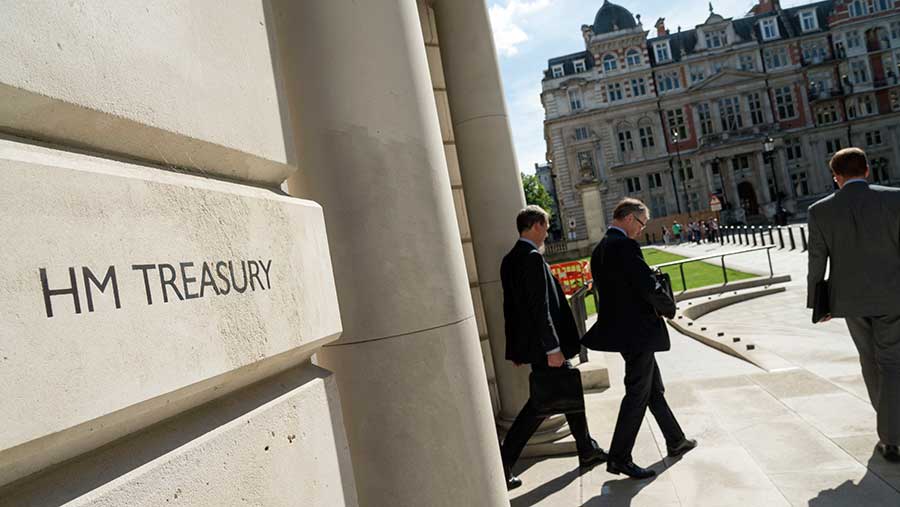Farmers need to lobby Treasury – not Defra – for support
 © Alex Segre/REX/Shutterstock
© Alex Segre/REX/Shutterstock Farmer leaders need to focus their attention on the Treasury rather than Defra in the months and years ahead, if they are to secure the support they need in the post-Brexit era.
Addressing a fringe meeting at this week’s Liberal Democrat Party conference in Bournemouth, Countryside Alliance chief executive Tim Bonner said influencing government thinking at all is a challenge, given the dominance of the Conservatives in rural Britain.
“When I look at the political map of Britain – England in particular – the countryside is blue,” he said. “The current government looks at large parts of rural England and takes it for granted, and will do so throughout the Brexit process.”
See also: Boris Johnson’s £350m Brexit pledge rekindles farm subsidies row
Brexit has provided an opportunity to design a more suitable domestic support policy “which understands the needs of rural communities as well as the farming community”.
But the issue is to recognise where the power lies. “You talk to farmers and they worry what Defra thinks. It doesn’t matter,” said Mr Bonner. “What really matters is what the Treasury thinks. It’s a fundamental change for the farming industry which I don’t think many have grasped yet.”
The need for future support was stressed by Liberal Democrat MP for Orkney and Shetland Alistair Carmichael, who described the funding rural communities receive from Brussels as “absolutely critical”.
“Without agricultural support payments, there is no living to be had in the farms of the Highland and Islands, or in any other parts of the country I suspect,” he said.
CAP reform
Former Liberal Democrat MEP, Phil Bennion, who farms in Staffordshire, added that the way the CAP changes will also be important.
“If we go radically against that, then we risk making our own farmers competitively unviable,” he said. “For example, if we put everything into the environment and public goods, and there is nothing in the income support pot, we will bankrupt farmers. All we will achieve for the environment is land abandonment.”
But the challenge of securing continued funding from the Treasury was summed up by Liberal Democrat MEP for South East England, Catherine Bearder.
“The man in the street says he thinks the environment is important, but when it comes to funding, he says no, I want my social services and my hospitals and old peoples’ care before we start putting money into the countryside. Making that argument is not going to be easy.”
Mrs Bearder also pointed to the relative weakness of the rural vote. “The more grass you have between voters, the less pressure you have on government.”
